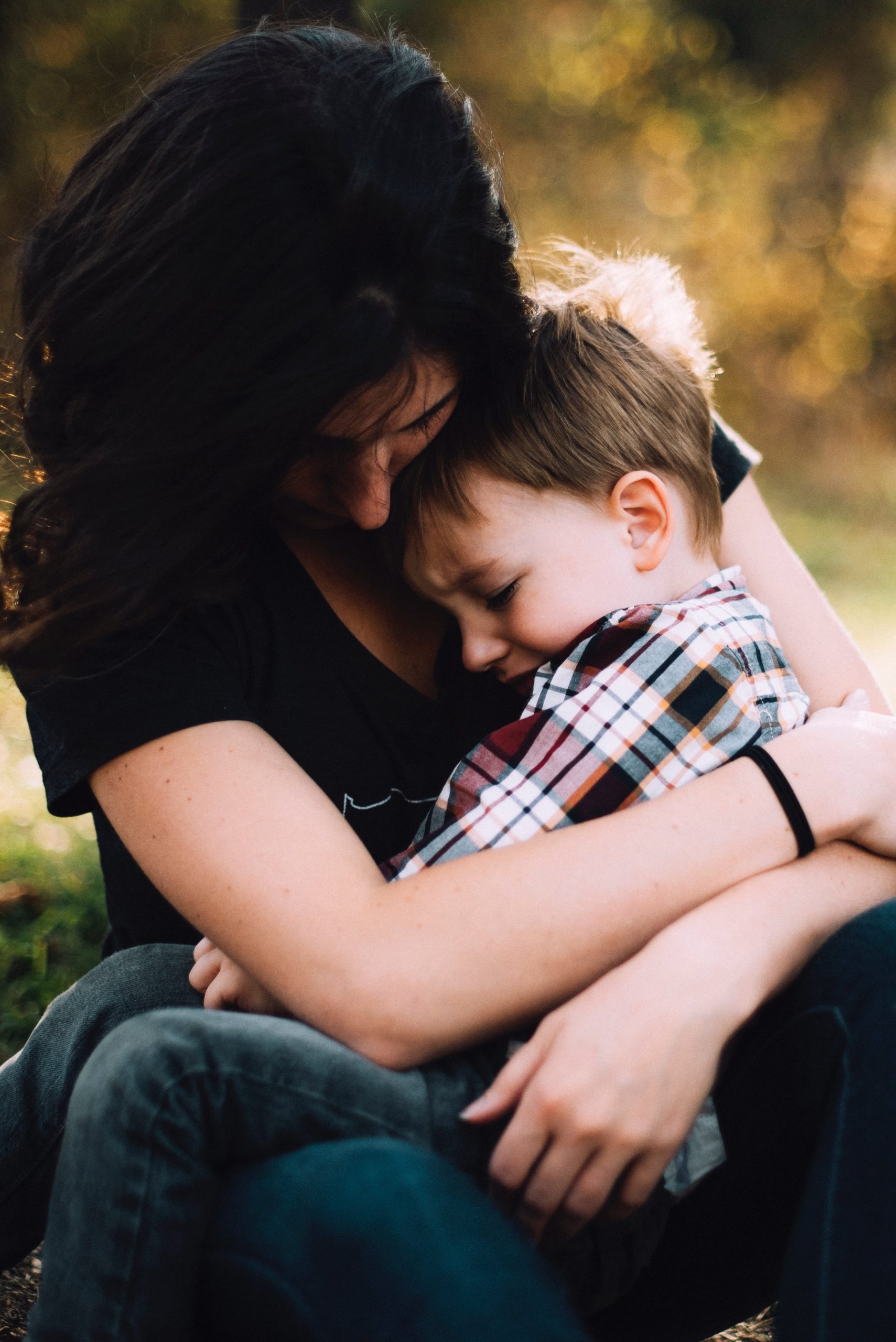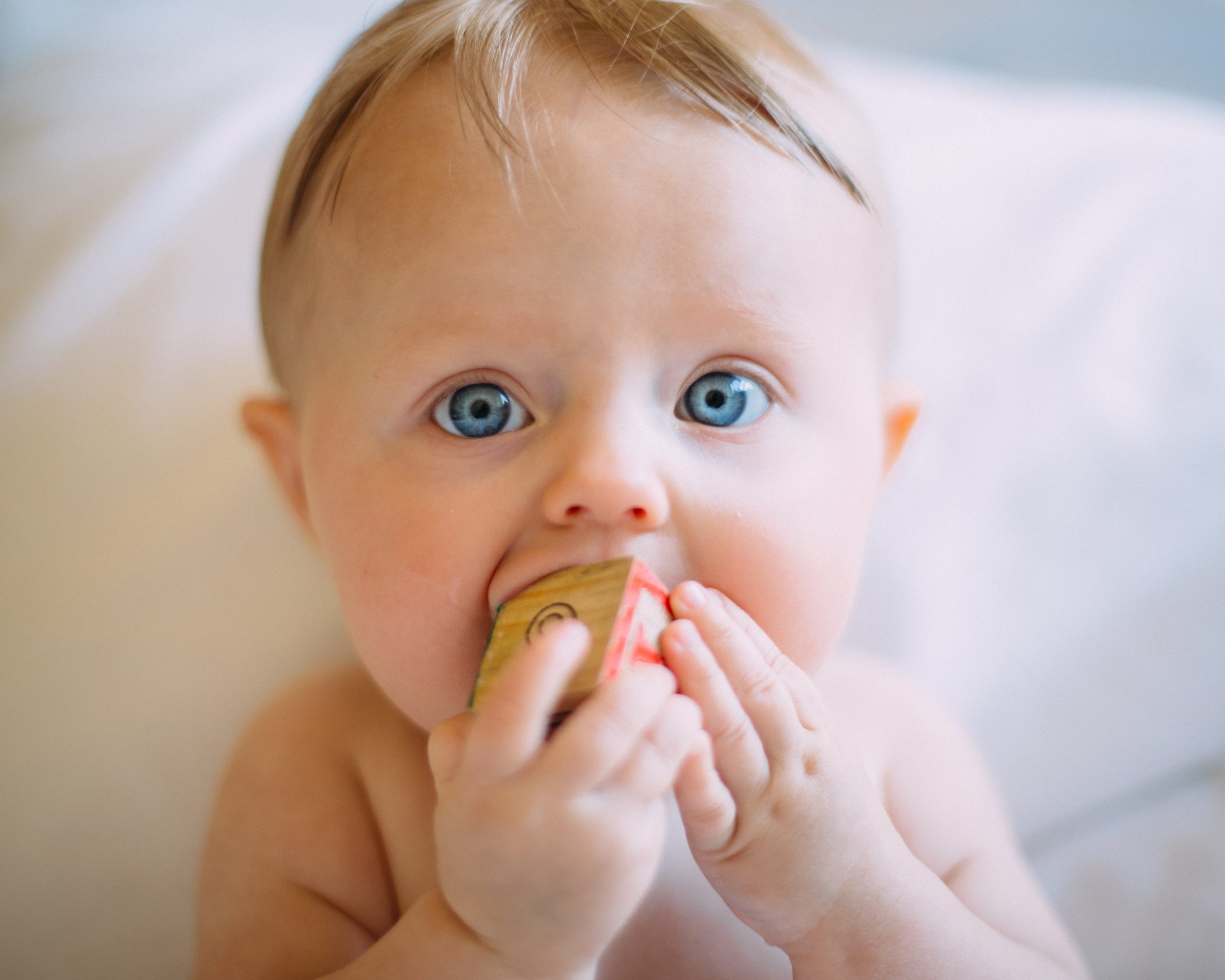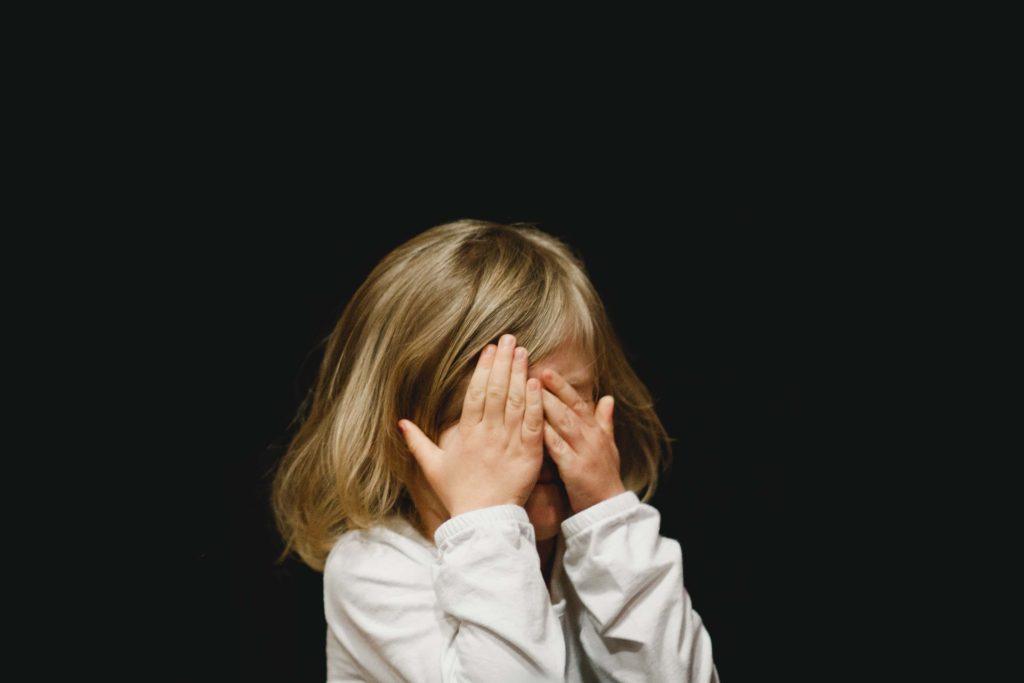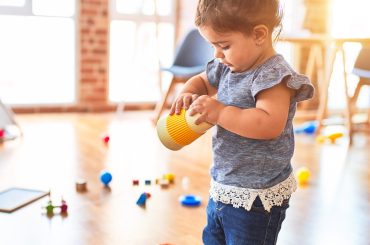Contents
I Yelled at My Toddler and Scared Him – Introduction
The Effects of Yelling at Your Toddler and How to Repair the Damage Done

As a parent, it’s natural sometimes to feel frustrated and overwhelmed. However, when that frustration turns into yelling, it can impact your child’s emotional and cognitive development. As someone who has yelled at my toddler and scared him, I know firsthand the guilt and shame that can come with it. In this article, I’ll explore the impact of yelling on toddlers, the long-term effects, and provide tips on repairing the damage done.
Is Screaming at Your Kids a Form of Abuse?: https://m.youtube.com/watch?v=dnjBaOyJWU0&pp=ygUlSSBZZWxsZWQgYXQgTXkgVG9kZGxlciBhbmQgU2NhcmVkIEhpbQ%3D%3D
How Yelling Affects a Toddler’s Brain Development
When you yell at your child, their brain releases stress hormones like cortisol and adrenaline. In small doses, these hormones can be helpful in emergencies. However, when released repeatedly, they can damage the brain. Research has shown that children who experience chronic stress have smaller hippocampi, the part of the brain responsible for memory and learning.
In addition to affecting brain development, yelling can also impact a child’s emotional development. Yelling can make a child feel scared, anxious, and insecure. When a child feels unsafe, their brain is more focused on survival than learning and growth. This can lead to behavioral issues, difficulty with emotional regulation, and problems forming healthy relationships later in life.
The Long-Term Effects of Yelling on Toddlers
The effects of yelling on toddlers can last well into adulthood. Children who experience chronic stress are more likely to develop anxiety and depression later in life. They may also struggle with self-esteem and have difficulty regulating their emotions. Additionally, yelling can damage the parent-child relationship, leading to resentment and distrust.
As a parent, it’s important to recognize that yelling is not an effective form of discipline. While it may stop a behavior at the moment, it doesn’t teach your child how to behave differently in the future. Instead, it can lead to a cycle of yelling and disobedience, further damaging the parent-child relationship.
How to Repair the Damage Done
If you’ve yelled at your child and scared them, it’s important to take steps to repair the damage done. The first step is to apologize to your child. Be honest and sincere in your apology, and take responsibility for your actions. Let your child know you love them and are committed to making things right.
In addition to apologizing, rebuilding trust and connection with your child is important. Spend quality time together, engage in activities your child enjoys, and show them that you’re a safe and reliable source of support. You can also try positive parenting techniques like praise and positive reinforcement to encourage good behavior.
Tips for Managing Your Anger and Frustration
To prevent yelling in the future, it’s important to learn how to manage your anger and frustration. One effective technique is taking a break when you feel overwhelmed. Step away from the situation and take deep breaths or engage in calming activities like meditation or yoga. You can also try journaling or talking to a friend or therapist about your feelings.
Practicing self-care is also important to reduce stress and improve your overall well-being. Make time for activities you enjoy, whether reading, exercising, or spending time with friends. Caring for yourself makes you better equipped to handle parenting challenges.
Positive Parenting Techniques to Try Instead of Yelling
Instead of yelling, try using positive parenting techniques to encourage good behavior. One effective technique is to praise your child for their efforts, not just their achievements. For example, instead of saying, “Good job on getting an A,” try saying, “I’m proud of how hard you worked to get that A.” This reinforces the idea that effort is just as important as achievement.
You can also use positive reinforcement to encourage good behavior. For example, you can reward your child with a special outing or activity when they complete a task or demonstrate good behavior. When your child feels appreciated and valued, they will likely continue behaving well.

Conclusion
We hope this article will help you . Thanks for reading!
More Links:
How Much Independent Play is Too Much – The Importance of Finding a Balance Between Independent and Social Play for Child Development: https://newgenparents.com/how-much-independent-play-is-too-much/





